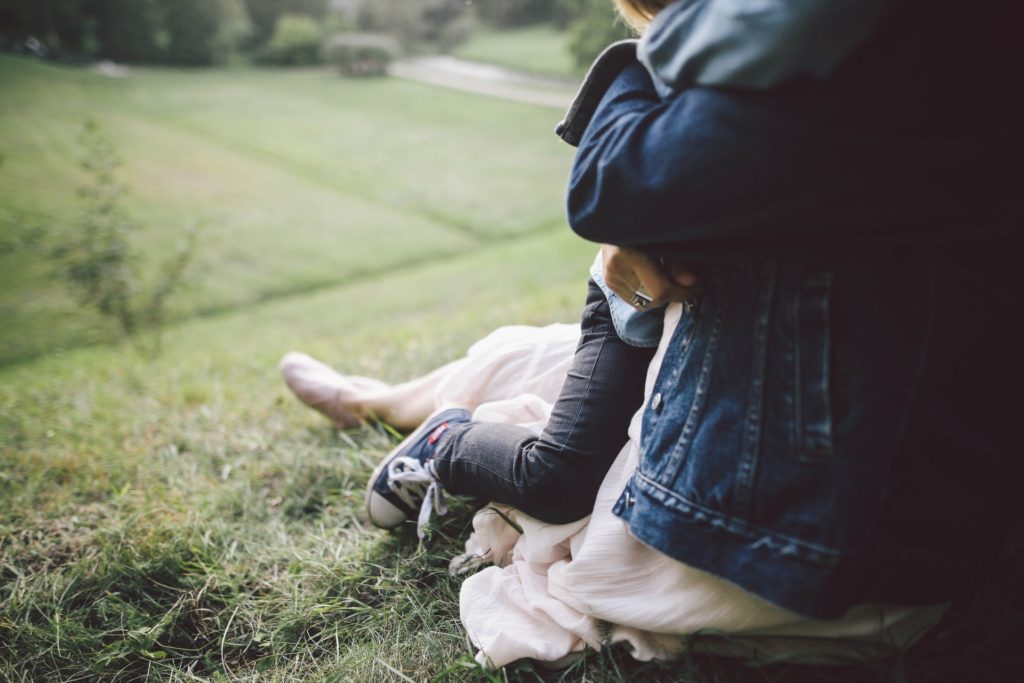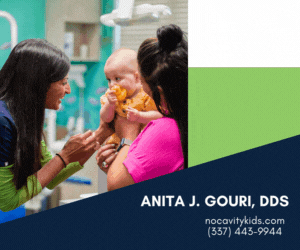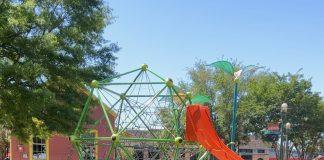Do you remember?
“Be nice! Go hug your uncle!” (Soooo don’t feel like hugging him; he smells like cheap liquor and Altoids.)
“Give your grandmother a kiss.” (It always ends in suffocating hugs and squeezes despite squirms and protests.)
“What, you don’t want to hug me? I’m gonna take it from you!” (Then proceed to grab and tickle even as I pull away and yell, “Leave me alone!”)
A day in the life of a child.
Sound familiar?
 How many of us can raise our hand and say, “Yep, that sounds like my childhood!”? Most of us were raised by well-meaning parents enforcing the “if you love them, let them love on you” perspective because, well, that was how they were raised. Also, it has always been a part of South Louisiana culture; children are meant to be hugged, squeezed and loved on, whether they wanted it or not. Consider this: How did the experiences of intrusive affection in childhood affect us? Just as important, how would continuing this cycle impact our children? Lastly, how can we teach them the merit of self-control when they experience the loss of autonomy in the name of familial affection?
How many of us can raise our hand and say, “Yep, that sounds like my childhood!”? Most of us were raised by well-meaning parents enforcing the “if you love them, let them love on you” perspective because, well, that was how they were raised. Also, it has always been a part of South Louisiana culture; children are meant to be hugged, squeezed and loved on, whether they wanted it or not. Consider this: How did the experiences of intrusive affection in childhood affect us? Just as important, how would continuing this cycle impact our children? Lastly, how can we teach them the merit of self-control when they experience the loss of autonomy in the name of familial affection?
It’s MY Body…
When I became pregnant for our first child, my husband and I extensively explored ways to best support and protect our little boy. We determined that we wanted him to learn the importance of physical autonomy and healthy affection from the earliest age possible. So we decided, well before delivery, that he would not be forced to give hugs and kisses to anyone for any reason. I know, I know, it is a BOLD statement! We knew that introducing this to friends and family would be…well, interesting. The only way we could ensure a positive response was to approach it as a team; if one of us flaked on this, our sons would be left without the support they needed. Teamwork makes the dream work, right?
Now, to tell friends and family…
When the conversations began about my swiftly arriving due date, we would gently drop it into the dialogue. “We want him to feel loved and cherished in the healthiest of ways.” Or, “As he grows, we want him to have good self-control so we want to respect whatever level of affection he gives.” And for the hardheaded members, “We aren’t going to force our kids to hug and kiss anyone. PERIOD!” (Sometimes, you just have to go there!)
Now, this might feel foreign to read much less to express to those you love. We knew that we had to give our family and friends time to digest our parental expectations. Although our statements were met with a litany of positive responses, the social worker in me expected that it would be easier said than done. But, as parents, we felt it must be done.
Hugs or High Fives: Fostering Healthy Autonomy in Kids
Our children’s physical and emotional safety is our primary focus, particularly regarding giving and receiving affection. To foster healthy autonomy, here are a few things that worked for us:
1. Model Healthy Touch/Appropriate Affection with our kids: We ask our kids for hugs and kisses instead of just taking them. We show them what the response SHOULD be when they don’t feel comfortable giving physical affection at the moment. We teach them, through action, that no means no. It has helped them learn how to give affection organically and with authenticity.
2. Support their autonomy choices with friends and family: Whether our kids want to express their love with affection or not, we are there to ensure that their decision is respected. I have no problem reminding our people that we all will respect their choice to physically express affection or not.
3. Offer options: Our go-to line to keep family and friends mindful about respecting their autonomy is, “Guys, give hugs or high fives and say hi to [insert family/friend here].” It reminds the kids that they have a choice in how they want to express their connection to others. It also reminds loved ones to respect the decision. My people know that they better ’cause Momma Bear don’t play behind her children!
I know that everyone is not comfortable with placing these boundaries in place because of the reaction they may experience with family and friends. I am also aware that not every parent agrees that this level of autonomy is necessary or right. However, the positive impact on my kids is that they can express healthy affection with others while maintaining their autonomy. With the holidays around the corner, supporting physical autonomy in your kids can help them navigate their environment.


















